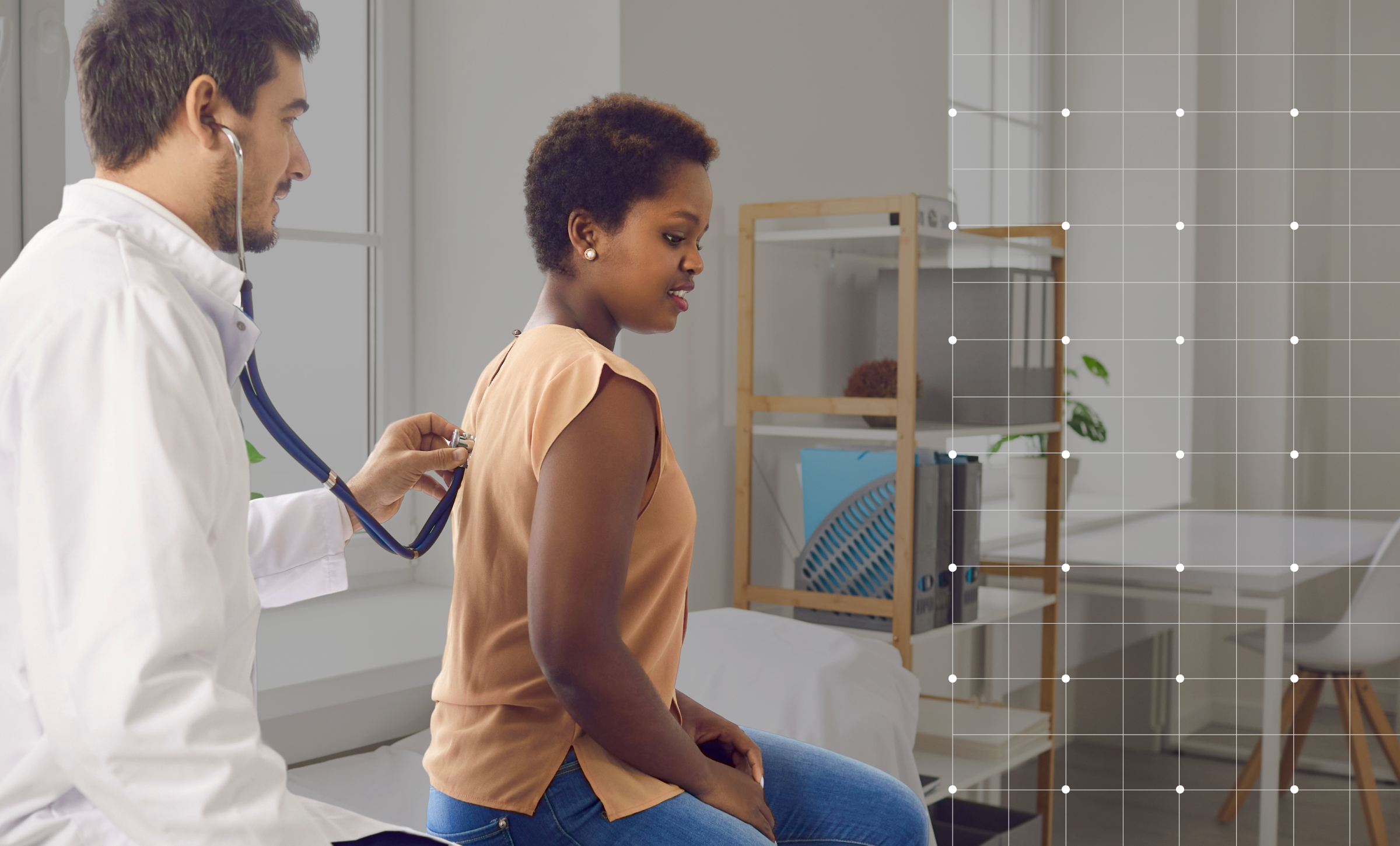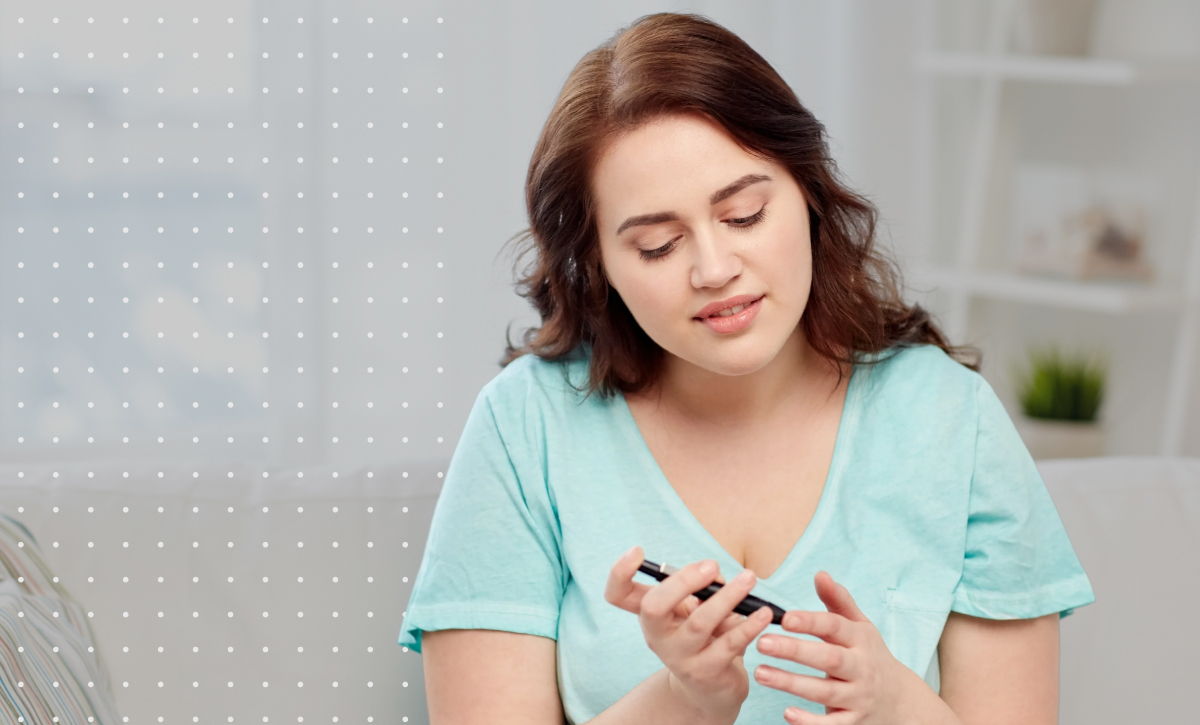Deb Roberts, Founder and CEO of Embryo Connections (EC), had tried in vitro fertilization (IVF) for about four years until she ran out of money. With no fertility coverage at her job, she was left to explore other options to build her family, which led her to embryo donation.
There are currently more than 1,600,000 frozen embryos in storage in U.S. fertility clinics and storage centers. People who go through IVF can create more embryos than they will use, and surplus embryos are then cryopreserved until they decide what to do with them. This decision is often difficult to make with options such as: continuing to store the embryos with an ongoing storage fee, thawing and disposing of the embryos, donating the embryos for research purposes, “compassionate transfer” (transferring embryos at a time when implantation is very unlikely), or donating the embryos to intended parents on family-forming journeys.
With a live birth rate per single embryo transfer of 44%, embryo donation can be an option for individuals open to using donor-assisted reproduction to grow their families. Between 2014 and 2020, the number of IVF cycles performed using donated embryos more than doubled. And with low embryo donation costs and a cost per frozen embryo transfer (FET) ranging as low as $4,000-$5,000, it’s also a more affordable option.
Roberts knew that she wanted to be a mom more than anything else and needed help to make it happen. Embryo donation became the gift that allowed her to get pregnant and have two children. On her journey, she discovered how many individuals, intended parents, and providers wanted to donate and receive embryos via embryo donation, but each constituent faced high hurdles to get it done. Now a single parent by choice, Robert isthrilled to help others through her concierge embryo donation agency by connecting donors and intended parents, providing clinical and logistical support to ensure that a donation can be approved by a recipient’s clinic, which often don’t have the resources to manage embryo donation, and providing guidance and support on the journey.
We spoke with Roberts to learn everything potential donors and intended parents need to know about embryo donation.
What is embryo donation?
Embryo donation is a relatively new way to build a family. It’s a form of assisted reproduction in which an individual or couple donates surplus embryos from their own IVF cycles when their family is complete. Successful IVF patients who don’t want to destroy or store their embryos forever can choose to donate them to intended parents who want to grow their families. Donors do this altruistically in that they cannot be paid for donating existing embryos.
Who chooses to donate their embryos?
Those who have surplus embryos from IVF after completing their family may choose to donate their remaining embryos. Many of these families experienced infertility or at least needed assisted reproduction to start their families, and they want to extend the gift of family formation. In fact, many often can’t imagine destroying their embryos after having their own children.
Anyone with remaining embryos is a candidate for embryo donation, with only a few parameters: the donor family should be “complete,” that is they aren’t planning for additional children. Ideally, they have at least two fullly vitrified (frozen) blastocysts in storage to provide the intended parent a good chance at success, and they are emotionally prepared to release the embryos (and subsequent offspring) to another family.
What types of intended parents may choose embryo donation?
All types of people choose to become parents through embryo donation, including couples with female and/or male factor infertility, single parents by choice, and the LGBTQ+ community. Sometimes one partner can’t produce gametes (sperm or eggs), so to “equal the playing field,” the couple decides that neither partner should be genetically related to the child.
Embryo donation can also benefit people who experience secondary infertility –– those who’ve already had a child or children and are struggling to have another.
Finally, if an individual has a medical condition they don’t want to pass down, or if they find out they have a low chance of getting pregnant, they may choose embryo donation without trying IVF.
What should embryo donors know before starting the process?
Donors should know that they have options. They can provide recipient criteria, choose the intended parent(s), choose long-term interaction with the recipient(s), and what will happen to the remaining embryos after that family is complete. As they are considering recipient(s), it’s important to know that statistically, 50% of their embryos will result in a live birth, so the receiving family should want half as many children as embryos.
They must complete a comprehensive profile and qualify as human tissue donors, which includes being screened for relevant infectious disease agents or diseases. Donors should also be prepared to complete an embryo donation psycho-educational session with a trained mental health professional and execute a legal agreement represented by third-party reproductive attorneys.
What should intended parents know before starting the process?
Intended parents have the same options and choices in the process as donors, and they can select the donors that are right for them. Intended parents should consider how many children they want to have, and seek more embryos than children desired. It is not a simple multiplication exercise, as all embryos have different characteristics that can increase or decrease their expected success rates. They should also consider the characteristics that are most important to their donor selection –– which may include physical characteristics, talents, values, interaction desires, proximity, or the use of donor gametes.
While it can be difficult to imagine life past pregnancy or even infancy, it’s important to consider how offspring may desire information or contact with their donors and/or genetic siblings and half-siblings as they develop. Donors often want some level of interaction because they are already seeing the curiosity and desire for information from their own children. They often want the offspring of both families to be able to connect and learn about one another if they desire. Traditional adoption emphasizes the importance of openness and transparency, which benefits the relationship of the donor-conceived offspring and the recipient parent. It recognizes that children will likely be curious, and a healthy, loving, honest origin story can make the experience more natural and comfortable. While intended parents may be anxious about co-parenting or influencing parenting style, donors do not wish to be nor have legal parentage rights to a recipient’s children.
Relationships range from donor identification disclosure at 18 to high engagement from childhood. Many donors want an “open” relationship of sorts, which can come in the following forms:
- Semi-open: Families know each others’ first names and communicate through a confidential portal. They can share updates, pictures, and health information through the portal and prefer the security of a portal to manage communication.
- Low engagement open: Families share contact information so that the adults can share updates, pictures, holiday cards, and/or medical information but wait to introduce the offspring to allow the children to mutually decide if they’d like to know one another when they are ready, which might be at six, 10, 16 years old, or even later.
- High engagement open: The genetic siblings are treated like “cousins” and are introduced at a young age, so that they can grow up knowing one another. They may be long distance or in close proximity — in either case, they know from a very young age to whom they’re related.
What is the embryo donation process for intended parents and donors?
Working with EC, intended parents and donors meet with a client care manager to discuss desires, the process, and answer any questions. They then complete the onboarding process, including a profile that outlines matching criteria, personal characteristics, interests, hobbies, and values. The EC team matches donors and intended parents based on mutual criteria, embryos desired, and interaction. After expressing initial interest, they meet each other over a video call if they're planning an open relationship to get to know one another. After families match, EC sends a suitability and eligibility report for clinic approval. In the meantime, families complete an embryo donation psycho-educational session and start on the legal agreement. With clinic approval, the legal agreement is finalized, and embryos are shipped to the receiving clinic for FET.
It's recommended that families each have independent legal counsel so that their interests are captured and to understand/negotiate the terms of the agreement. The foundation of the agreement outlines that the donor is relinquishing legal parenthood, and that recipient(s) are accepting all parental rights and responsibilities for any offspring born of the embryos. Via this agreement, the intended parents then become the legal parents of any children born via the embryos.
The cost of embryo donation
It is often a more affordable, less complex option for people open to donor-assisted reproduction. The total cost of an embryo donation can vary, but the cost generally includes matching, FDA screening and clinical approval, counseling, embryo shipment, medication, and FET. The process may total about $15,000, but it can cost as low as $5,000 for some.
How Carrot can help
Embryo donation is one of the many family-forming journeys we support here at Carrot, and EC is one of our newest partners. With financial and educational resources, legal assistance, and mental health support, here’s how Carrot can help.
- Financial coverage: Members can use their employer-provided funds to cover their embryo donation journey.
- Access to providers: Carrot’s network includes trusted agencies and attorneys to guide members through the embryo donation process.
- Unlimited expert chats: Members can schedule virtual chats with experts like reproductive endocrinologists, LGBTQ+ family-forming experts, and mental health professionals who can answer questions and provide guidance for each unique journey.
If you’re a Carrot member, sign in to your Carrot account to take the next step in your journey.













